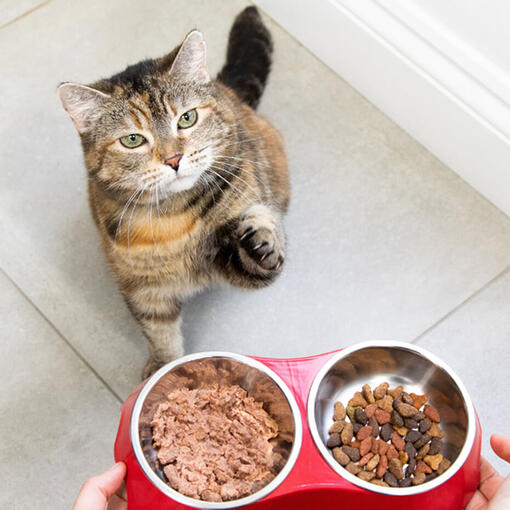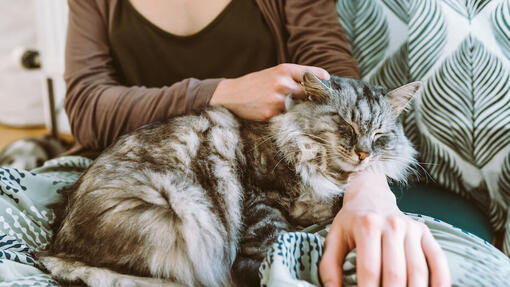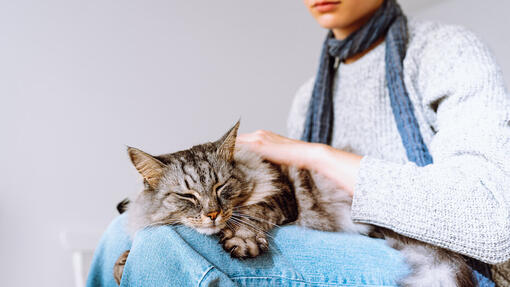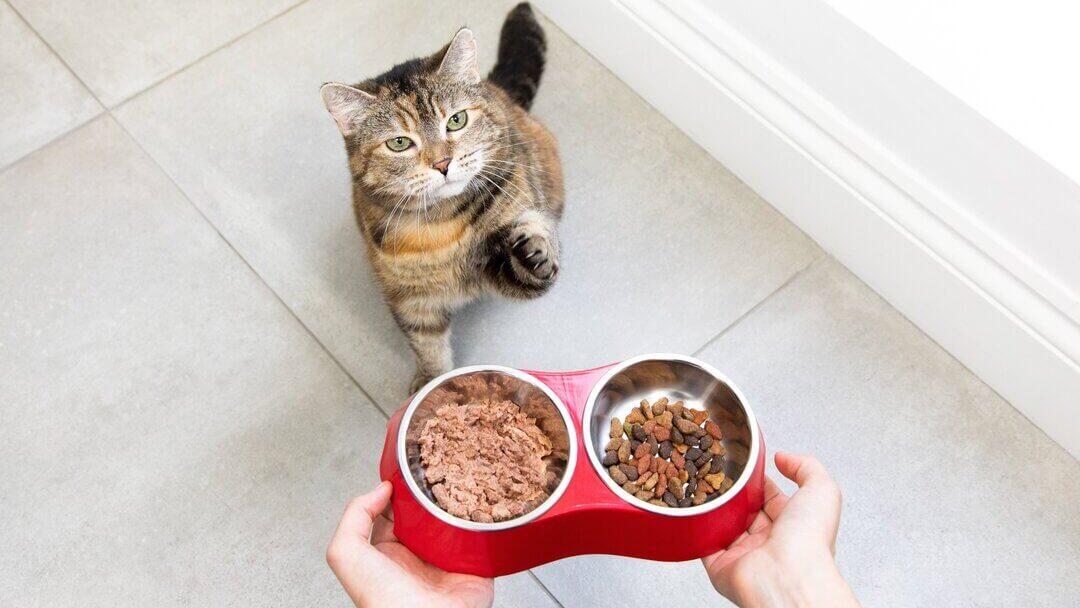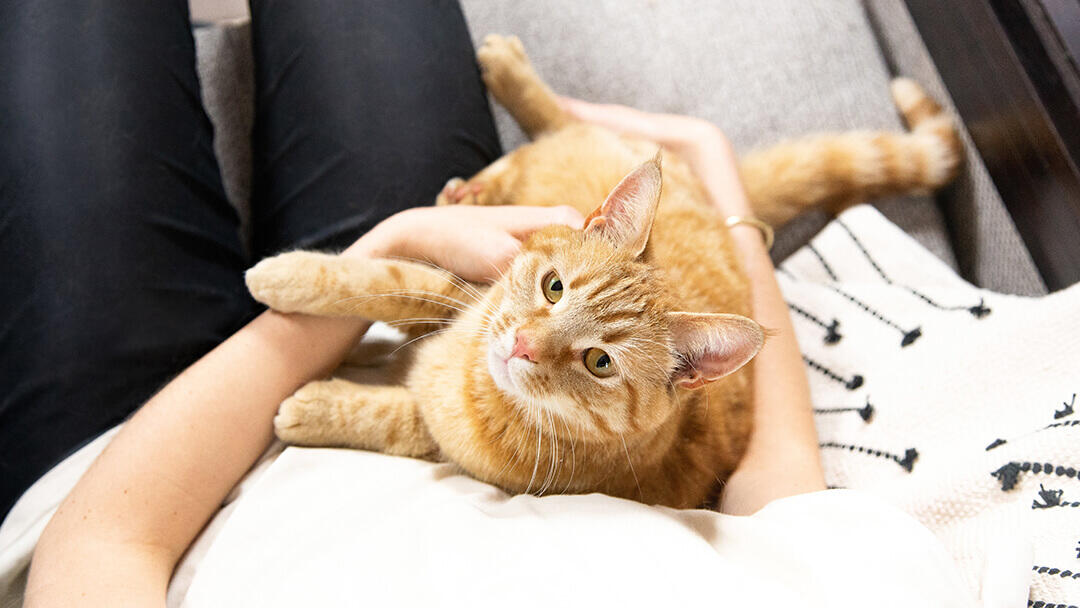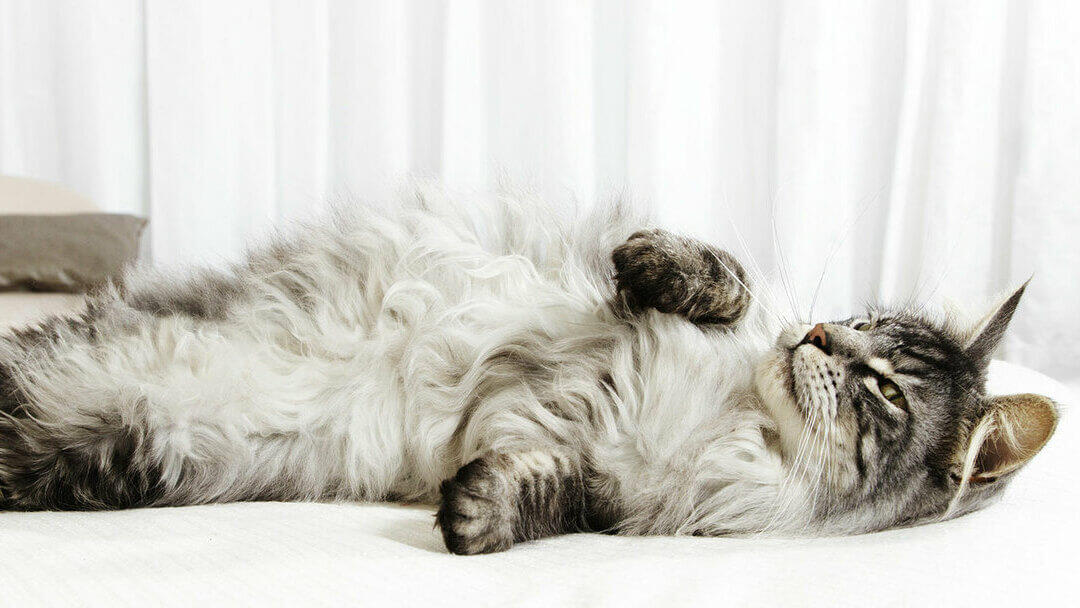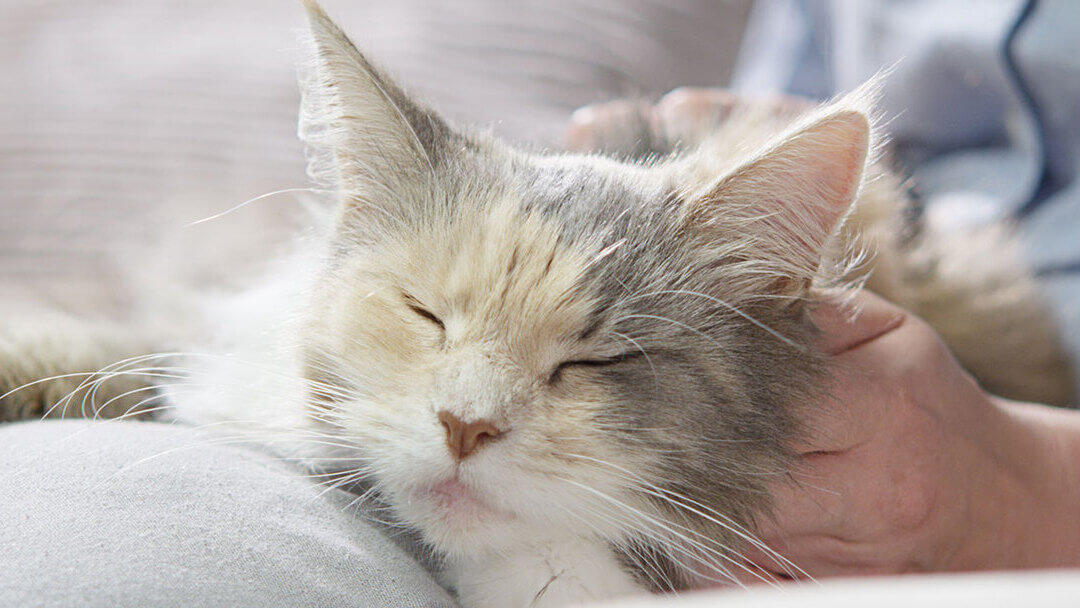
Cat miscarriage can occur at any time in your cat’s pregnancy and while they might not usually react emotionally, the experience can be very painful physically. If you suspect that your cat might be at risk of a miscarriage, there are a few things to know so that you can provide them with the care they need.
Since our pets can’t communicate with us when they’re going through something, it’s important to try and recognise any unusual behaviour. Read on to learn more about cat miscarriage, causes, and the way in which you can recognise the symptoms.
What is a cat miscarriage?
First, if you suspect that your cat may be pregnant, go to your vet to check her health and to monitor the pregnancy. Miscarriage in cats happens when there is a termination of the foetus’s life during any cat pregnancy.
Even though your cat is looked after and seems to be in excellent health, a miscarriage can take place at any time because of different hormonal or physical reasons. If, unfortunately, a miscarriage eventually occurs, your vet will be able to help you avoid secondary problems (such as infections, among others). A thorough examination will also be useful in finding out the reasons why the cat’s miscarriage happened.
It's a good idea to spay your cat as early as possible to avoid pregnancies taking place and prevent future miscarriages.
Signs of miscarriage in cats
Pregnancy is a physiological process, it is not a disease, however, it can pose a big risk to your cat’s wellbeing. So, it’s important to carefully monitor them during this time. Signs of miscarriage in cats can be minor if it happens in the first few weeks but if the pregnancy is in its later stage, the symptoms are typically more noticeable. Here’s what to look for:
- Unusual vaginal discharge during the pregnancy
- Fever - Signs could include reduced appetite and water intake, reduced activity, reduced interaction or aggression with humans/companion cats.
- Abdominal pain or discomfort - Signs could include sitting in a hunched-up position rather than lying flat or curled up.
- Delivery of premature or nonviable foetuses
- Dehydration
- Depression or inactivity
- Vomiting or diarrhoea
- Loss of or reduced appetite
Cat miscarriage causes
The causes of a cat’s miscarriage can be multiple and most of the time will include underlying health issues. It’s important to know that miscarriages can occur very early in the pregnancy (in the first month) and can go undetected. In some cases, your cat might miscarry a few of the foetuses but still be able to go on and deliver healthy kittens. This, however, will be a sign that something’s wrong and it’s recommended to take them to the vet as soon as possible.
Here are some of the most common cat miscarriage causes you should be aware of:
- Viral, bacterial, or parasitic infections
- Injury
- Hormonal shifts
- Severe stress
- Chemical exposure
- Vitamin deficiencies
- Congenital defects
- Advanced age
How to treat a cat miscarriage
After a miscarriage takes place, your vet may offer to perform an ultrasound which can help determine whether there are viable foetuses remaining and whether your cat is able to take the pregnancy to full term. If they conclude that the remaining foetuses are not viable, they might decide what it the best treatment plan to avoid secondary problems with the foetuses.
There should also be testing to look for any possible infections caused by the miscarriage – blood tests, histopathology, or cultures of vaginal fluids.
As for the actual treatment following the miscarriage, this usually varies, depending on the causes. If, for example, your vet concludes that the cat miscarriage was caused by infection, they might recommend antibiotics and intravenous fluids. In any case, the vet should be able to provide you with a treatment specifically designed for your cat’s needs.
Recovery of miscarriage in cats
Following a miscarriage, it’s important to stick to the vet’s recommendations. With the right treatment, your cat should soon feel better and make a full recovery.
In some cases, cats need emotional support as well. If you notice that your cat is acting depressed or is very agitated, after ruling out all the medical conditions, it would be a good idea to provide a safe space for them. Also make sure to spend more time with them and show them affection as this will help them feel more comfortable and safer. Your vet or a feline behaviourist will have advice and/or medication to help if they are do not seem to be back to their normal selves within a few days.
The best way to care for your cat is to make sure they’re staying healthy. If you want to find out more about how to best care for them during pregnancy, check out our tips for a healthy cat pregnancy next!

